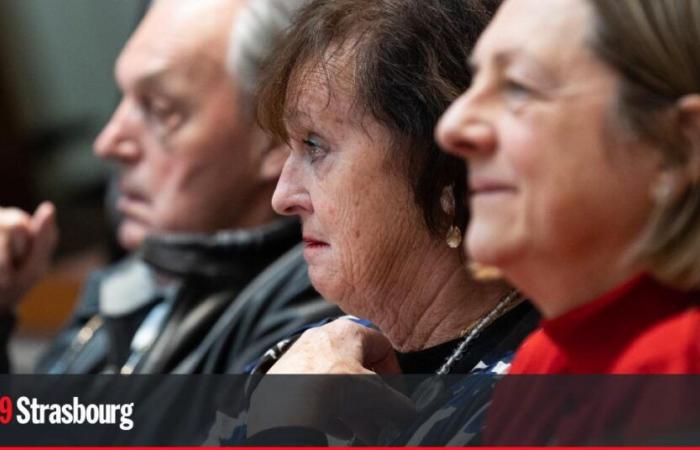
A week after the northern tram fiasco, the elected officials of the 33 municipalities of the Strasbourg Eurometropolis (EMS) are holding their last council of the year, Wednesday December 18. Like their Strasbourg counterparts a week earlier, the councilors will be able to examine the 2023 activity and sustainable development report, which takes stock of the EMS’s actions and establishes an inventory of the community.
After this start of the session, the councilors will vote on deliberations relating to the municipal police compensation scheme, a program promoting access to care, and the creation of a local public company (SPL) for renewable energies.
Promote photovoltaics
The deliberation praises a “flexible, responsive and autonomous tool for investment”, offering “reinforced performance and capacity for innovation”, and “more flexible relations” with communities. A tool which should contribute to the Eurometropolis’ objective of achieving carbon neutrality by 2050.
This company, 100% owned by the Eurométropole, will have capital of 1.9 million euros (60% of the sum allocated by the EMS, 40% by the City of Strasbourg); it may be opened in the future to other interested municipalities. SPL’s first photovoltaic project will be the installation of a ground-based power plant, in the Polygone aerodrome area. By 2030, the SPL’s production objective is set at 7.4 gigawatt hours (GWh) each year.
Contested compensation for municipal police
The EMS council will also vote on the adoption of a new compensation plan for the municipal police. The vote for this measure takes place in a tense social context: the profession has gone on strike at the national level while a new compensation regime, negotiated with the short-lived Minister of Territorial Communities Dominique Faure, must come into force in 1is January 2025.
This deliberation of the EMS marks the transition for the 157 municipal police officers (according to figures from the Ministry of the Interior in 2022) to the special function and commitment allowance, composed of a fixed portion linked to with the hierarchical category, and a variable part, calculated according to performance indicators or even attendance.
“We disagree with the executive on the implementation of the decree”explains Thiebault Parré, spokesperson for the municipal police inter-union:
“What poses the most problem to us is that the new index bonus for agents working in priority neighborhoods is only allocated to rotating agents (those working in a service operating 24 hours a day, Editor’s note), but not to those who only work during the day or to middle managers. »
The police officer denounces double talk on the part of Jeanne Barseghian:
“In the national debate, Madam Mayor took strong positions which were highly appreciated by the profession. But here in Strasbourg, it excludes around thirty people from a system for implicitly, essentially budgetary reasons. »
Heart disease prevention
A deliberation concerning the prevention and care of heart diseases proposes the granting of a subsidy of €414,000 for a program of the Ellipse Center, an establishment bringing together health professionals working mainly with people suffering from chronic pathologies.
The program financed by the deliberation aims to better monitor and treat people suffering from heart failure with a series of measures, such as the training of “fifty health professionals”, the organization of an annual meeting and the implementation implementation of a project for in-depth coordination of care pathways.





